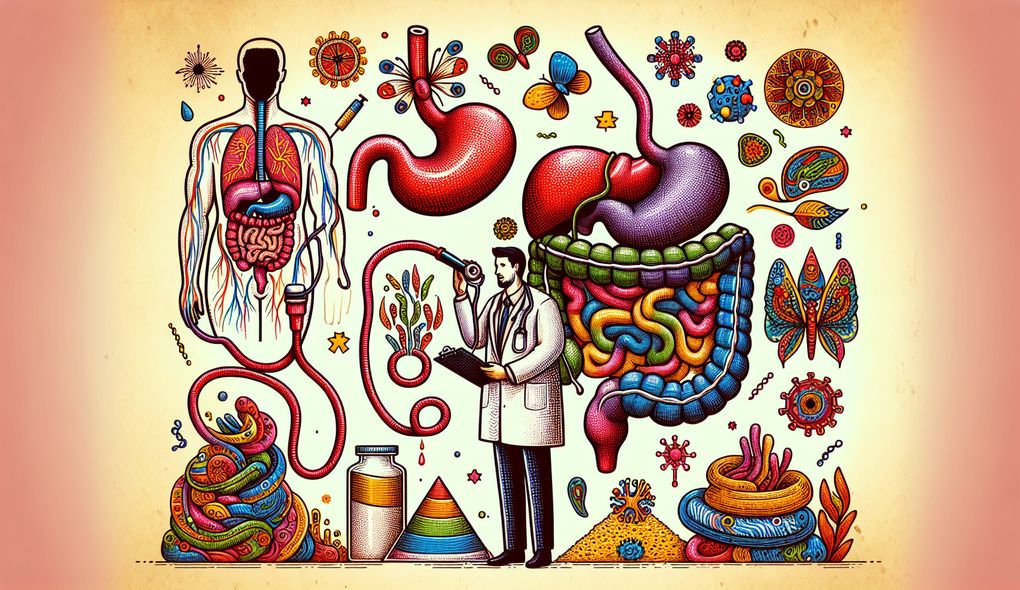What is your approach to patient education and ensuring they understand their condition and treatment plans?
INTERMEDIATE LEVEL

Sample answer to the question:
My approach to patient education involves clear and concise communication. I take the time to explain medical conditions and treatment plans in a way that patients can understand, using layman's terms and visual aids when necessary. I also encourage patients to ask questions and address any concerns they may have. Additionally, I provide information in written form, such as brochures or pamphlets, that patients can take home and review at their own pace. This ensures that patients have a thorough understanding of their condition and the steps they need to take for their treatment.
Here is a more solid answer:
In my experience, I have found that using a patient-centered approach is most effective in educating patients about their condition and treatment plans. I start by assessing the patient's knowledge and understanding of their condition and then tailor my explanation accordingly. I use simple and jargon-free language to ensure clarity, and I reinforce key points with visual aids and diagrams. I also encourage patients to ask questions throughout the process and address any concerns they may have. To ensure comprehension, I ask patients to summarize the information in their own words and provide additional resources, such as written materials or online sources, for them to reference. By taking this approach, I have seen a significant improvement in patient engagement and adherence to treatment plans.
Why is this a more solid answer?
The solid answer provides specific details about the candidate's experience and approach to patient education. It addresses the need to assess patient knowledge, use simple language, and reinforce key points with visual aids. It also emphasizes the importance of patient engagement and comprehension. However, it could be improved by including examples or anecdotes from the candidate's past experiences to further demonstrate their skills and effectiveness in patient education.
An example of a exceptional answer:
In my role as a Gastroenterologist, I approach patient education by adopting a holistic and personalized approach. I recognize that each patient is unique, with different learning styles, educational backgrounds, and health literacy levels. Therefore, I tailor my educational strategies to meet the individual needs of each patient. This may involve using various teaching methods, such as verbal explanations, visual aids, written materials, or interactive online resources. I take the time to assess the patient's understanding throughout the education process, using open-ended questions and asking them to demonstrate their knowledge. I also make sure to address any misconceptions or fears they may have about their condition or treatment options. To ensure continuity of care, I collaborate with the patient's primary care physician and other healthcare providers to provide consistent and coordinated education. By implementing these strategies, I have witnessed increased patient empowerment, improved treatment adherence, and better overall outcomes.
Why is this an exceptional answer?
The exceptional answer provides a comprehensive and personalized approach to patient education. It acknowledges the uniqueness of each patient and emphasizes the importance of tailoring educational strategies to meet their individual needs. The answer also highlights the candidate's ability to assess patient understanding and address misconceptions or fears. Furthermore, it mentions the collaboration with other healthcare providers for consistent and coordinated education. The answer demonstrates a deep understanding of patient empowerment and the impact it has on treatment adherence and overall outcomes.
How to prepare for this question:
- Familiarize yourself with common gastrointestinal conditions and their treatment options.
- Stay updated on the latest advancements and research in gastroenterology to provide accurate and current information to patients.
- Develop effective communication skills, including the ability to explain medical concepts in simple and understandable terms.
- Practice active listening and empathy to ensure patients feel heard and supported during the education process.
- Become familiar with different teaching methods and resources, such as visual aids and online materials, that can enhance patient understanding.
- Consider past experiences where you successfully educated patients about their condition and treatment plans, and be prepared to share those examples during the interview.
What are interviewers evaluating with this question?
- Communication Skills
- Patient Education
- Patient Engagement

